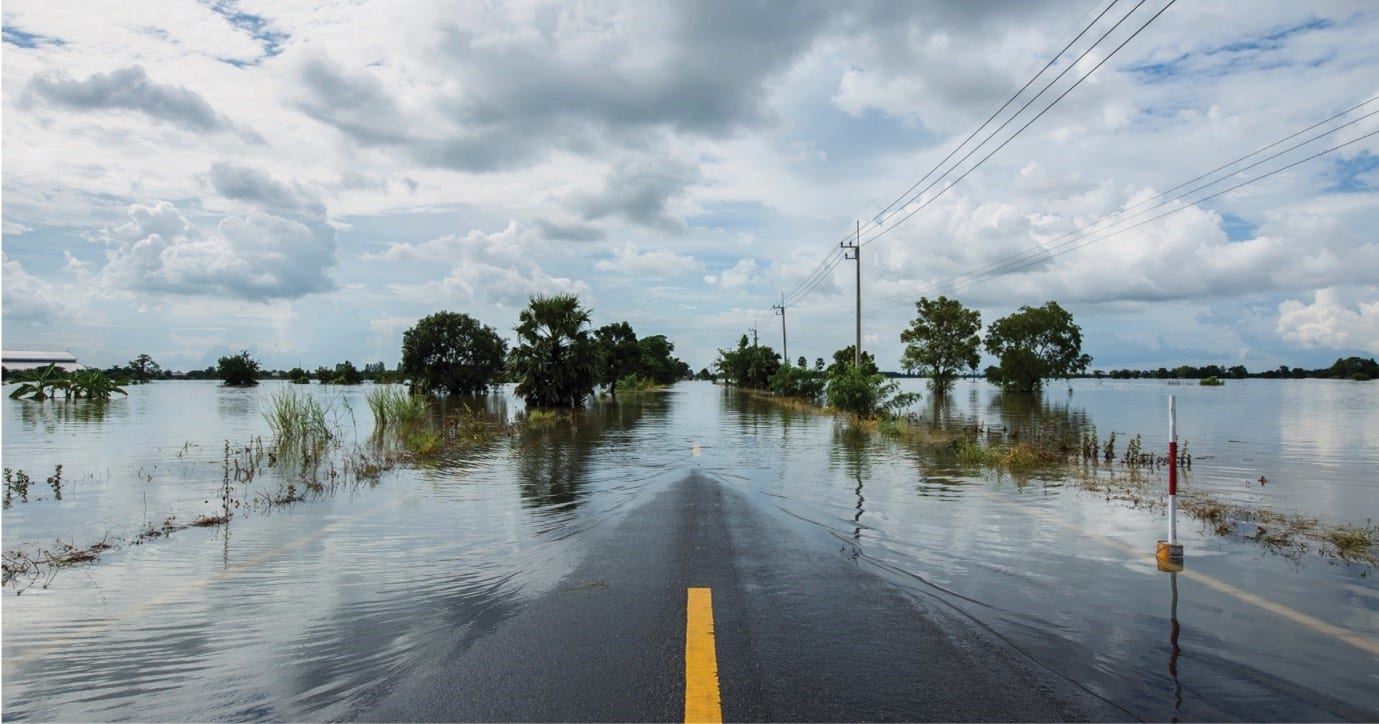Understanding your workers’ compensation obligations
There aren’t that many insurances that are compulsory for businesses. Covers such as products and public liability (PPL) and professional indemnity (PI) are only mandatory for certain industries/professions and situations. But one insurance requirement that is pretty much universal is workers’ compensation.
What is workers’ compensation?
If your business employs workers, you have a responsibility (duty of care) – and a legal obligation – to look after them. One such obligation is workers’ compensation insurance.
Workers’ compensation is a form of insurance payment to employees if they are injured at work or become sick due to their work.
The insurance usually provides cover for insured incidents including:
- physical injury
- mental health injury
- injuries while travelling for work (depending on the jurisdiction)
- diseases that an employee may have contracted during their employment
- recurrence of an existing disease or condition as a result of work, and
- exacerbation of an existing disease or condition as a result of work.
The cover is to ensure that the worker doesn’t suffer financial hardship as a result of an injury or illness stemming from their employment activities or conditions. Benefits can include:
- weekly living payments
- rehabilitation services
- medical and hospital bill coverage, and
- lump sum payments for permanent injuries or death.
The terms of cover are based on the relevant workers’ compensation act and relate to the legal requirement for employers to maintain a safe workplace and protect employees from injury (whether physical or mental). So if a worker is harmed while at work or engaging in required duties they are likely to be entitled to first aid, financial compensation for time off, injuries and expenses, and a return-to-work rehabilitation plan.
It is an entitlement that generally applies even if the worker was negligent, for example failed to correctly observe business or safety protocols and procedures. The only time the cover may not apply is when the employee’s behaviour amounted to extreme misconduct.
Workers’ compensation is governed by individual states and territories, and the schemes vary depending on the way the state/territory government regulates and administers it. There are different requirements in each jurisdiction and insurers provide different services and perform different roles.
Who is covered by workers’ compensation insurance?
In Australia, the insurance is compulsory and any business with employees is required to have a valid workers’ compensation policy in place. The insurance is required regardless of the size and turnover of the business. Any business that employs or hires workers on any basis, must organise workers’ compensation for every single worker. Basically, if there are employees/workers, then cover must be purchased.
When it comes to the cover, employees/workers can include:
- full-time staff
- part-time staff
- casual staff
- apprentices, trainees and interns
- volunteers
- staff working from home
- workers on commission
- directors who work in the business, and
- contractors and sub-contractors (in some circumstances, the obligations vary depending on jurisdiction).
It should be noted only an individual can be considered as a ‘worker’.
Workers’ compensation is not required when there are no employees. This means that, in most circumstances, independent contractors and sole traders do not require (and cannot take out) the insurance. Instead, they should protect themselves with appropriate life insurances – death, disability, illness, accident or sickness, and income protection.
However, if the sole trader or contractor hires someone to perform work for their business, then that person hired may be deemed a ‘worker’ and the contractor may be required to provide workers’ compensation insurance. Any person who works under a contract of service may be considered to be a ‘worker’, even if they have their own ABN or pay their own tax. As the obligations vary between jurisdictions, employers should consult the relevant authority.
What happens if you don’t take out workers’ compensation when you ought to?
Injured employees can make workers’ compensation claims even if their employer has not taken out the cover. The relevant workers’ compensation authority (e.g. WorkSafe, WorkCover) will ensure that the employee receives all the benefits to which they are entitled under workers’ compensation insurance and the employer may be liable for the total cost of any claims made by the worker. The uninsured employer may be responsible for accepting or rejecting the claim and meeting all of the return-to-work obligations required by legislation (this function would usually be performed by the insurer if cover had been taken out). The authority may also investigate and penalise/fine the employer.
The financial costs of not insuring an employee can be devastating for the uninsured employer, particularly SMEs. Weekly compensation and medical benefits, common law damages, and penalties for not insuring can easily add up to more than a million dollars.
Arranging workers’ compensation insurance
The location(s) of your business will determine the workers’ compensation arrangement. In New South Wales, Victoria, Queensland and South Australia there is a mandatory single workers’ compensation provider. In the ACT, Northern Territory, Tasmania and Western Australia, businesses can choose the provider.
Workers’ compensation insurance can be complex (especially with each jurisdiction having different rules and even different definitions of ‘worker’). Your EBM Account Manager can help you determine whether workers’ compensation insurance is required for your business and assist you with tailoring your insurance program to your unique needs. In addition, we have a dedicated Injury Management Service to assist our clients with workers’ compensation claims.
The Commonwealth, states and territories are responsible for implementing, regulating and enforcing WHS laws in their jurisdictions. For more information about WHS laws that apply in each jurisdiction, visit the Safe Work Australia website.







































